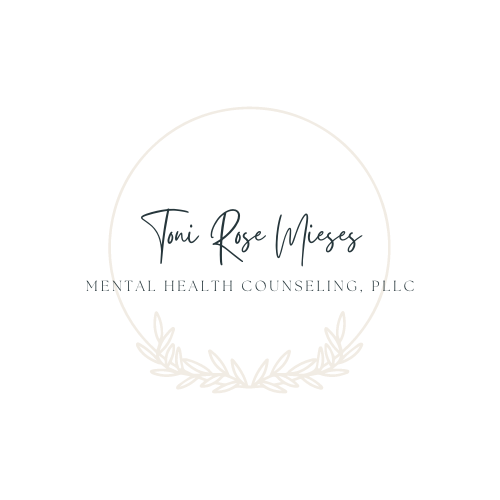Rethinking Continuing Education: From Compliance to Growth
I won’t forget the moment I realized the continuing education industry for mental health professionals is missing the mark.
I had 15 CE hours to complete within the next year and a half — very much doable. So, I pulled up Google and started browsing for trainings that would support my growth as a clinical supervisor and therapist. But what started as a simple search for quality professional development quickly turned into an experience that felt more like swiping on a dating app:
This training is too basic — swipe left.
Did this topic four years ago — left.
Loved the content but they took forever to send my CE certificate — left.
Not approved in my state — left again.
A week-long intensive? I have a toddler and a full time job so not right now — left.
Too short to be worth the hours — next.
$1000 for a 3-hour training? Absolutely not — hard left.
It wasn’t that I was being picky. I know my niche. I read, I consult, I reflect. I’ve outgrown beginner content, but I’m far from done learning. There had to be something out there that truly met me at this phase of my professional journey. But the real issue wasn’t about me. It was a bigger problem on how this industry is no longer serving us.
Ways to reimagine the continuing education industry
As mental health professionals, continuing education isn’t just a requirement — it’s an ethical obligation. We’re expected to stay current, challenge ourselves, and continue learning to provide the best care possible. But here’s the problem: the CE industry isn’t keeping up with the complexity and depth our work requires.
In fact, continuing education for therapists is often treated like fast fashion: quickly produced, surface-level, and designed more for compliance than true growth.
So its time to disrupt the industry. Here are three ways we can reimagine CEs and create meaningful professional development for mental health providers:
1. Apply the Principles of Adult Learning Theory
Too many trainings rely on passive PowerPoints and dry Q&A. Yes, there’s a time and place for lecture-style delivery — but adult learning theory gives us deeper insight into how we actually learn.
Malcolm Knowles’ 7 principles of adult learning can enhance every CEU experience:
Adults need to know why they’re learning something.
They bring life experience into the learning process.
They prefer learning that is relevant to their real-world roles.
They learn best when the learning is self-directed.
They benefit from problem-solving and real scenarios.
They want respect and acknowledgment of their knowledge.
They need motivation beyond just “checking a box.”
2. Recognize Practice-Based Learning as Valid CE Work
Reading theory is great — but growth often happens in the doing.
Externships, group consultations, and peer mentoring offer rich opportunities for deep integration of skills. CE providers can stand out by offering credits for participation in applied settings, including:
Supervised clinical consultations
Peer review groups
Hands-on learning or case-based coaching
3. Facilitate Connection Between Participants
There are often decades of experience sitting in one CE training room. But the learning stays one-directional. Creating intentional opportunities for learners to share perspectives, apply insights collaboratively, and build community can dramatically deepen outcomes. Especially for therapists in solo or remote settings, these touchpoints are invaluable.
Incorporate breakout groups or peer dialogue prompts during the session to explore how concepts apply to different practice settings.
Encourage reflective discussions that invite participants to share challenges and solutions from their own clinical experience.
Use shared documents or collaborative whiteboards to co-create resources during trainings (e.g., sample treatment plans, supervision strategies).
Include post-training discussion boards or community follow-ups so learning and connection don’t end when the Zoom call does.
Name and value participant expertise in the room — this sets the tone for mutual respect and rich peer-to-peer learning.
Ways to enhance your CE Experience
Here are a few ways to make your CE experience more aligned with your needs:
✅ Vet trainings through your values. Ask: Does this align with your clinical interests? Will it stretch you, not just review what you already know?
✅ Look for interactivity. Trainings that offer discussion, breakout groups, and post-training application often deliver more value than lectures alone.
✅ Track your growth beyond hours. Keep a professional learning journal or development plan. Reflect on how each CEU applies to your clients, team, or supervision style.
✅ Join trainings in a group. Participating in trainings with colleagues or team members allow for further discussion even when the training is done.
✨ Want a tool to support your professional development?
Join our newsletter and get your free Therapist Clinical Competence Checklist — a powerful tool to reflect on your strengths, gaps, and next steps in your clinical journey.





